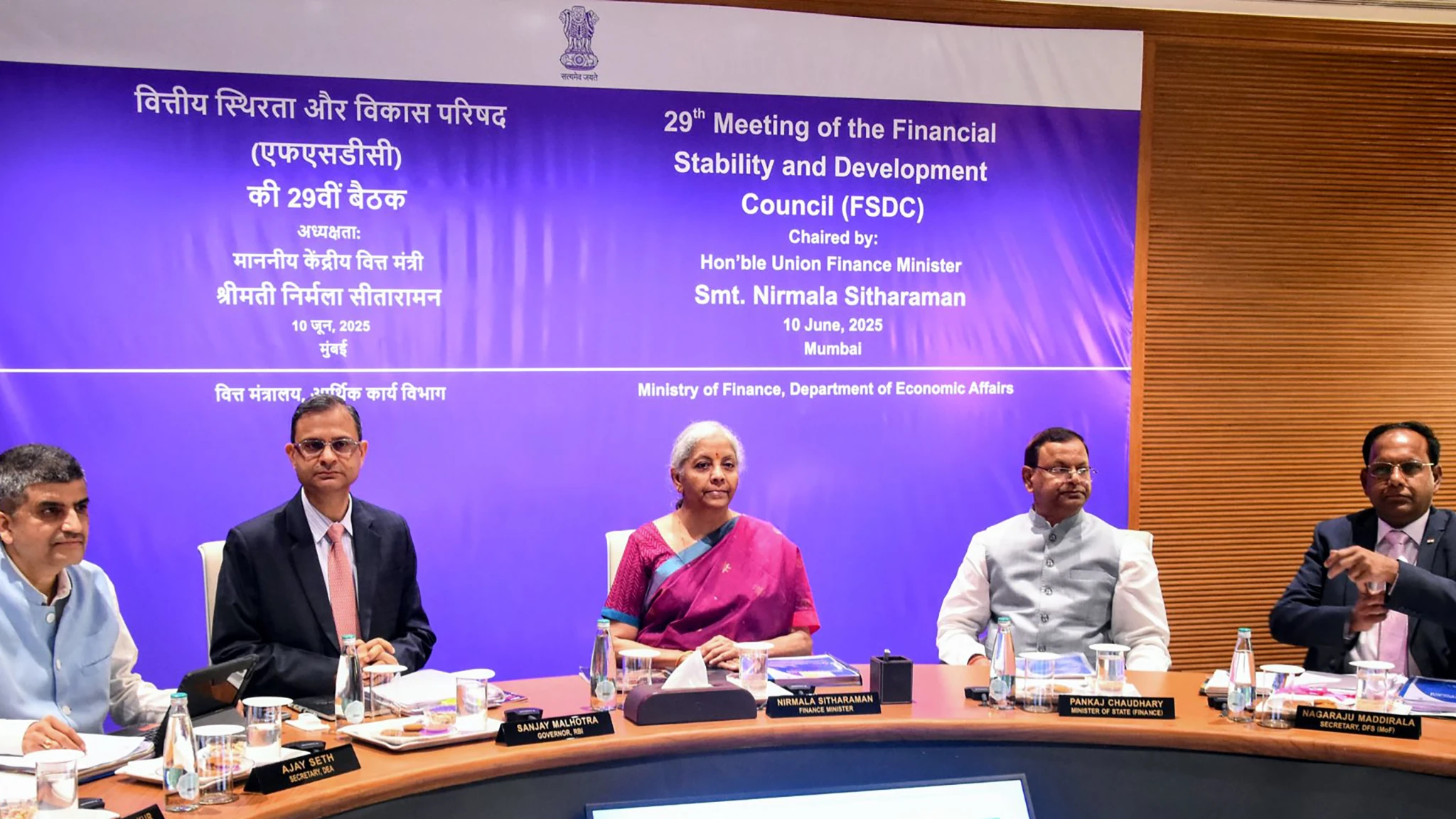The spectre of a global trade war is looming large as US President Trump’s tariff threats against Canada and Mexico have triggered a risk-off sentiment across markets. This move has sent gold prices soaring to record highs, while cryptocurrencies like Bitcoin have taken a tumble. The 30-day reprieve on tariffs for Canada and Mexico has provided temporary respite to Asian stock markets, including India, but the underlying unease persists.
China’s reported plans to retaliate against US tariffs with its own levies on North American imports, and the European Union’s preparations for a potential response, suggest that this trade stand-off is far from over. The resulting uncertainty is casting a long shadow over global markets, weakening currencies of nations trading with the US.
Gold’s Safe Haven Appeal
In this environment of simmering geopolitical tensions and the threat of inflation, investors are flocking to gold. Historically viewed as a store of value during turbulent times, gold is once again proving its mettle. Global inflows into gold ETFs saw a positive annual increase in 2024 for the first time in four years, highlighting a renewed interest in the yellow metal. Analysis by the World Gold Council (WGC) indicates gold’s outperformance during past periods of geopolitical uncertainty and high inflation. Analysts at WGC suggest that continued volatility in equities and bonds, coupled with potential weakness in non-US currencies, could further fuel investment demand for gold.
MSME Credit Card Lifeline
While gold offers a hedge against global economic anxieties, back home, the Indian government is attempting to inject vigour into the crucial MSME sector. The Budget 2025 introduced a scheme to issue MSME credit cards to micro enterprises. Finance Minister Nirmala Sitharaman highlighted the significant role of MSMEs in the Indian economy, contributing to employment and manufacturing output. Each credit card will have a limit of ₹5 lakhs, with a target to issue 10 lakh cards. The move is lauded by experts as a potential ‘game changer’ for micro enterprises, easing working capital constraints and promoting financial inclusion. The budget also increased the credit guarantee cover for micro-enterprises, aiming to generate substantial additional credit over the next five years.
Implementation is Key
However, the success of the MSME credit card initiative hinges on efficient execution. Experts emphasize the necessity of streamlining loan distribution and reducing bureaucratic hurdles to ensure timely access to credit. Clear communication and awareness campaigns are also vital for the widespread adoption and effective utilisation of these credit cards by MSMEs. If these implementation challenges are addressed effectively, the initiative has the potential to significantly bolster the MSME sector and contribute to India’s economic growth.
Will these MSME credit cards truly transform the landscape for small businesses? For that to happen, a smooth, accessible process, free from red tape, will be absolutely critical.










Leave a Reply